Announcing the McWilliams/PSC Seed Grant 2021 Recipients
The McWilliams Center for Cosmology has partnered with the Pittsburgh Supercomputing Center (PSC) to determine the recipients of a seed grant program to support faculty, postdoctoral fellows, and research staff who want to explore a new area of research or jumpstart their research activity. The program is designed to encourage genuine collaborations between faculty and postdocs affiliated with the Center for Cosmology and the PSC that involve either new avenues of research or the feasibility testing of new methods.
The one-year seed grants will provide $10,000-$50,000 in support for researchers to conduct preliminary analyses, demonstrate proof of concept, collect preliminary data, and establish the potential for high impact of the proposed idea for future proposal submissions.
The 2021 Seed Grant Recipients
Rupert Croft
Super resolution simulations with AI, a workshop
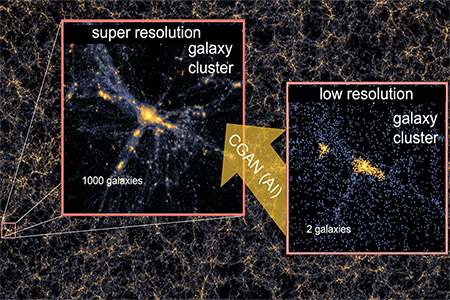
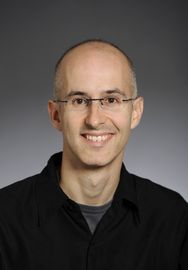 One of the newest methods in cosmology is "super resolution", where computer models and physics simulations are enhanced by Artificial Intelligence (AI) to do things way beyond what was possible before. The seed grant lets us bring together (for the first time ever) researchers working in all these different fields so we can learn from each other. The PSC and McWilliams Center will be hosting scientists who work on fascinating topics including blood flow, galaxy formation, jet engines, climate change and clouds for an in-person multi-day workshop.
One of the newest methods in cosmology is "super resolution", where computer models and physics simulations are enhanced by Artificial Intelligence (AI) to do things way beyond what was possible before. The seed grant lets us bring together (for the first time ever) researchers working in all these different fields so we can learn from each other. The PSC and McWilliams Center will be hosting scientists who work on fascinating topics including blood flow, galaxy formation, jet engines, climate change and clouds for an in-person multi-day workshop.
Harry Desmond
Testing Gravity with Astroseismology
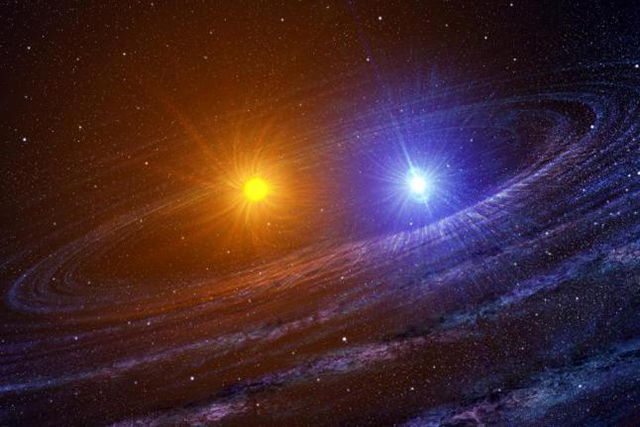
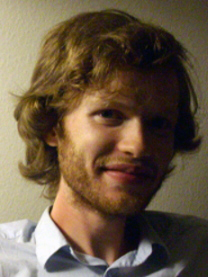 The goal of this project is to constrain the strength of gravity in nearby galaxies using variable stars in eclipsing binary systems. This will test the constancy of Newton's "constant" and hence probe alternatives to General Relativity in which gravity is environment-dependent.
The goal of this project is to constrain the strength of gravity in nearby galaxies using variable stars in eclipsing binary systems. This will test the constancy of Newton's "constant" and hence probe alternatives to General Relativity in which gravity is environment-dependent.
Ben Moews
Cosmological Constraints for Multi-Messenger Probes with LSST and LISA
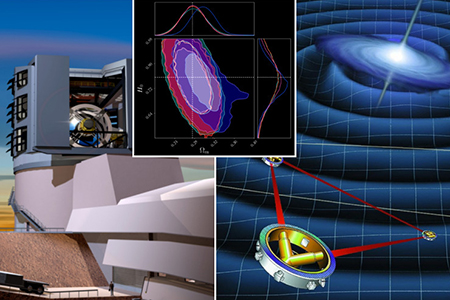
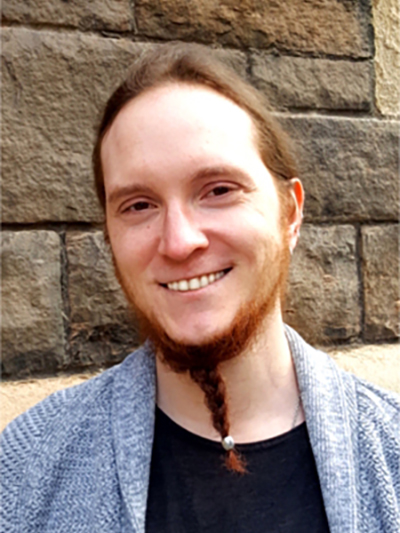 As the advent of gravitational wave observations reinforces the field of multi-messenger astronomy, pinpointing fundamental properties of our Universe through the combination of sources is a major concern for upcoming missions. Our project investigates cosmological constraints from both Vera C. Rubin LSST and LISA as the next generation of ground-based telescopes and the first space-borne gravitational wave detector. Thanks to the PSC's infrastructure, we can focus on highly parallel approaches using recent developments in machine learning and statistics to help cosmologists analyze these new and exciting surveys.
As the advent of gravitational wave observations reinforces the field of multi-messenger astronomy, pinpointing fundamental properties of our Universe through the combination of sources is a major concern for upcoming missions. Our project investigates cosmological constraints from both Vera C. Rubin LSST and LISA as the next generation of ground-based telescopes and the first space-borne gravitational wave detector. Thanks to the PSC's infrastructure, we can focus on highly parallel approaches using recent developments in machine learning and statistics to help cosmologists analyze these new and exciting surveys.
Sukhdeep Singh
Cosmology with Galaxy Sizes
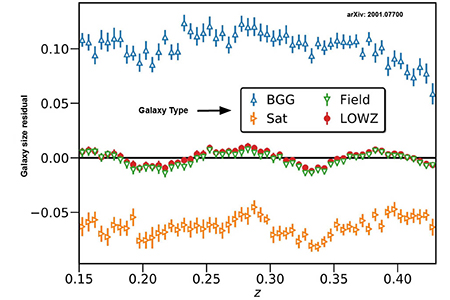
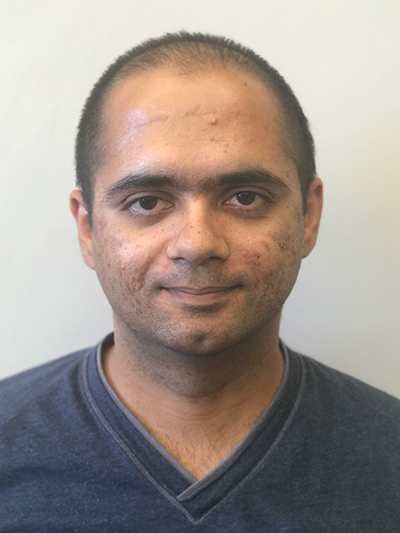 The observed galaxy sizes are affected by a number of processes such as galaxy velocities, weak gravitational lensing and physical distances to galaxies. By constructing proper estimators we can perform measurements to study these processes and perform inferences on cosmological models. In this project we first aim to study the galaxy physics in the hydrodynamical simulations to understand the dependence of galaxy sizes on various other galaxy observables and then construct robust predictors for intrinsic galaxy sizes. We will develop next generation analysis tools to enable simultaneous inferences in high dimensional parameter space using multiple cosmological datasets.
The observed galaxy sizes are affected by a number of processes such as galaxy velocities, weak gravitational lensing and physical distances to galaxies. By constructing proper estimators we can perform measurements to study these processes and perform inferences on cosmological models. In this project we first aim to study the galaxy physics in the hydrodynamical simulations to understand the dependence of galaxy sizes on various other galaxy observables and then construct robust predictors for intrinsic galaxy sizes. We will develop next generation analysis tools to enable simultaneous inferences in high dimensional parameter space using multiple cosmological datasets.
Rachel Mandelbaum
Data-Driven Cosmology Interaction Space
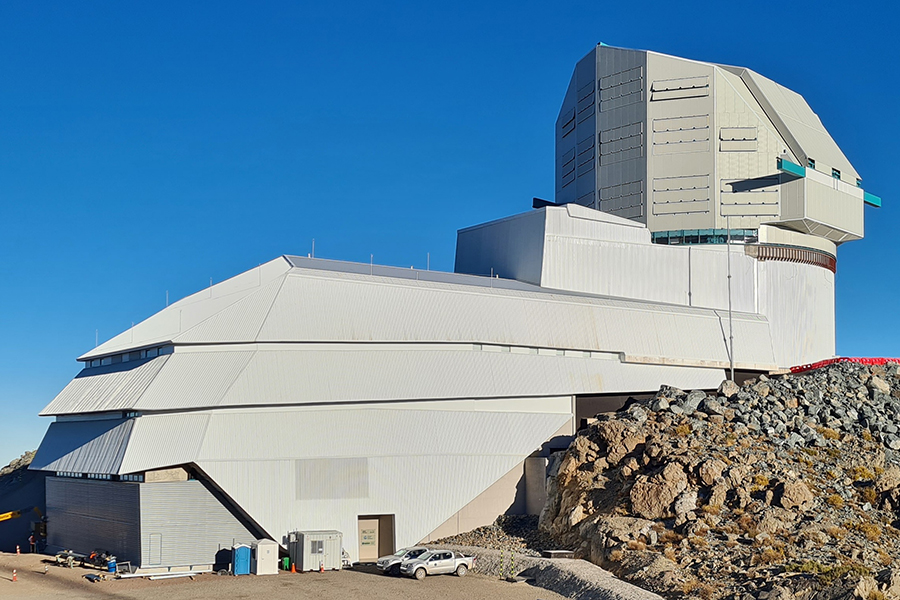
Image credit: Rubin Observatory/NSF/AURA
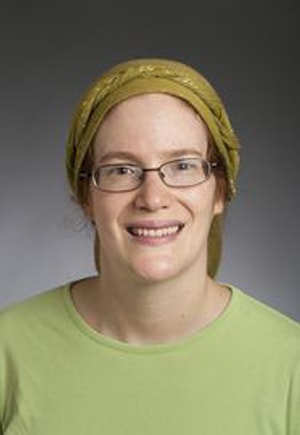 Shared spaces provide a fertile environment for talking with associates and colleagues and finding mentors. They also encourage curiosity and ingenuity, and provide inspiration, even among people whose areas of study might differ. We propose to develop a shared interaction space to be used by members of the McWilliams Center for Cosmology, PSC, the LINCC Frameworks Initiative, Statistics & Data Science, and Computer Science, to foster and support collaborations involving applications of Artificial Intelligence/Machine Learning and data science in astrophysics and cosmology.
Shared spaces provide a fertile environment for talking with associates and colleagues and finding mentors. They also encourage curiosity and ingenuity, and provide inspiration, even among people whose areas of study might differ. We propose to develop a shared interaction space to be used by members of the McWilliams Center for Cosmology, PSC, the LINCC Frameworks Initiative, Statistics & Data Science, and Computer Science, to foster and support collaborations involving applications of Artificial Intelligence/Machine Learning and data science in astrophysics and cosmology.
